Warning Signs of Hearing Loss
Early Warning Signs of Hearing Loss For many people, hearing health and hearing loss are not something they think about on a regular basis. But hearing loss doesn't just effect babies and the elderly. Acquired hearing loss does happen gradually, typically why many people don't know about it or address it until they are older, but it can happen to ANYONE at any age. Here are some early warning signs of hearing loss you should watch out for... *Hearing loss can occur for different reasons and there are several types of hearing loss, but for our purposes, we will be discussing signs of gradual sensorineural hearing loss. This type of hearing loss is the most common and can occur due to noise exposure, genetics, and aging. Warning Signs of Hearing Loss These warning signs are not just about how you are hearing, but how you feel about your hearing. Here are a few early warning signs we hear from clients or ask regularly: Sounds and speech seem muffled Misunderstanding words in conversation You have difficulty understanding conversation, especially in crowds or with background noise Feeling lost in conversation, especially with a group You frequently ask others to repeat themselves, speak slower, or louder Needing to turn up music or TV; sometimes loud enough that others comment on the volume Having difficulty understanding women's and children's voice Difficulty hearing on the phone Avoiding social settings like parties, noisy restaurants, etc. Not participating in conversation Feeling physically and/or mentally exhausted after listening to...
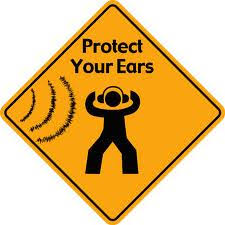
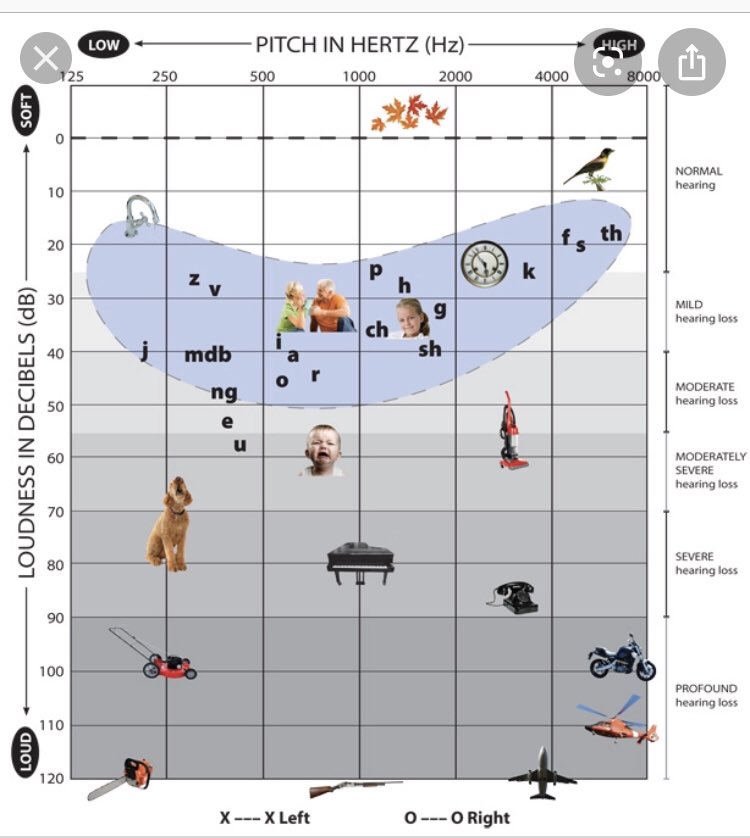
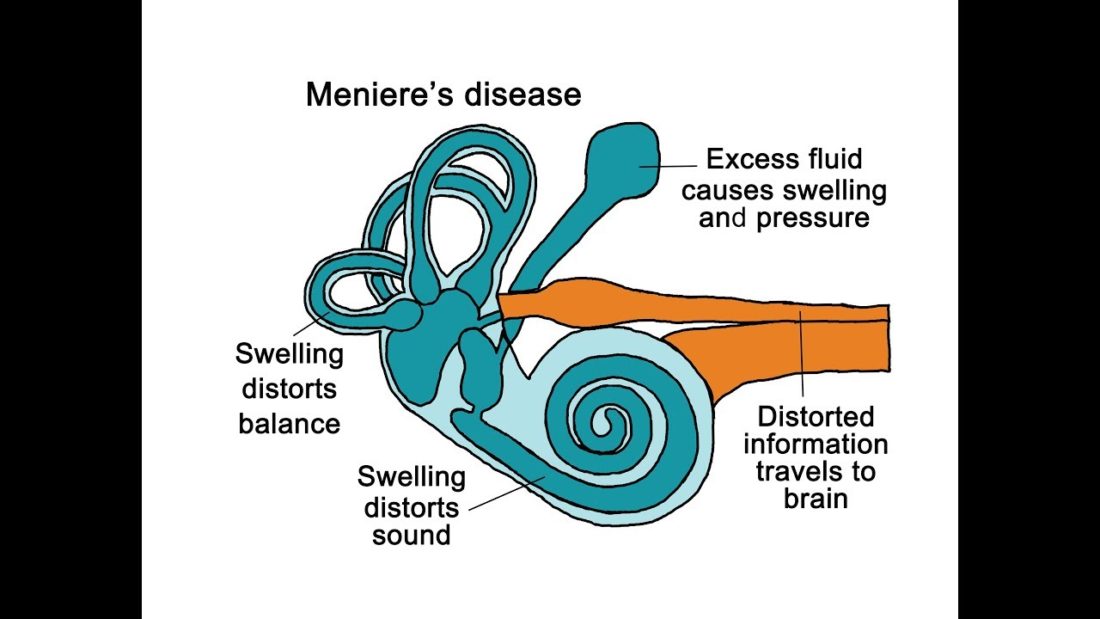
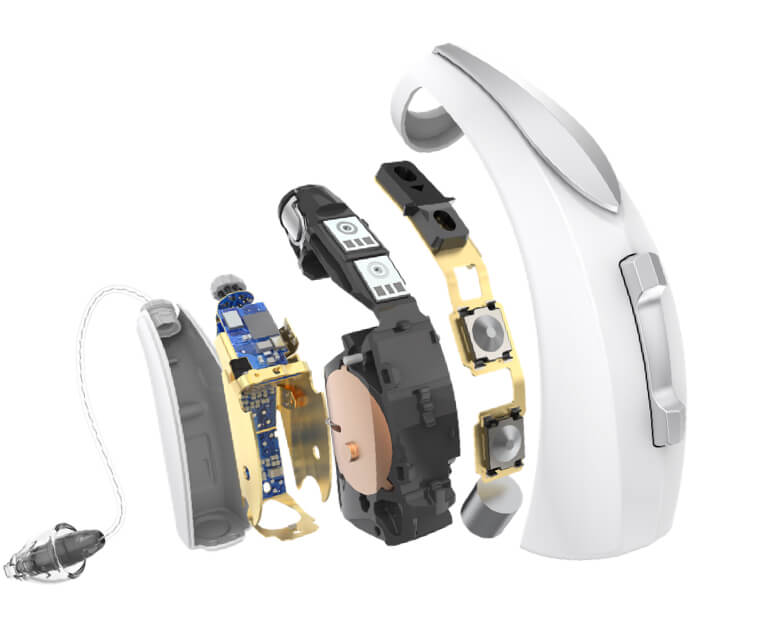

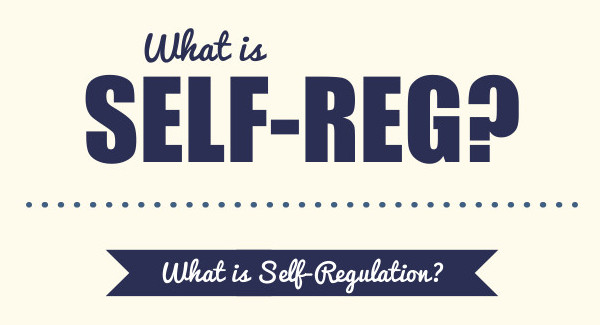
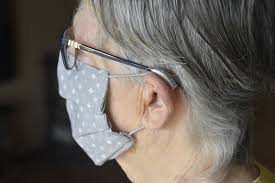


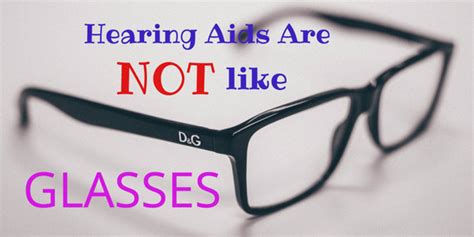
Recent Comments